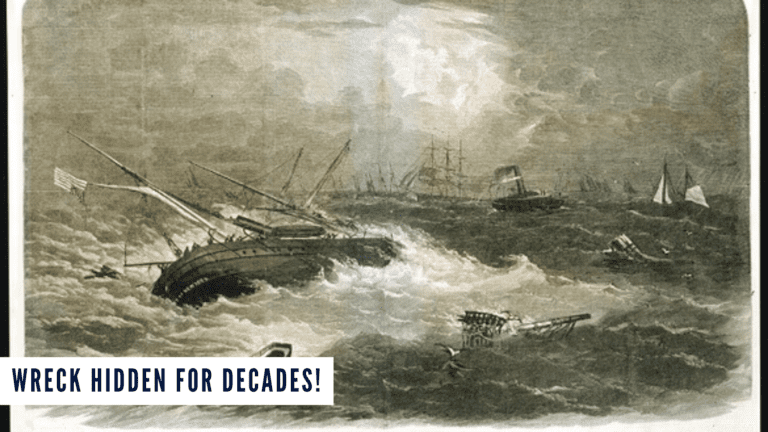
Navigating the Current Housing Market Like a Pro
The real estate market is constantly evolving, and understanding today’s housing trends is essential for buyers and sellers alike. Whether you’re searching for Outer Banks homes for sale or wondering if now is the right time to buy, this guide will help you navigate the housing market like a pro. Understanding the Market Conditions The





